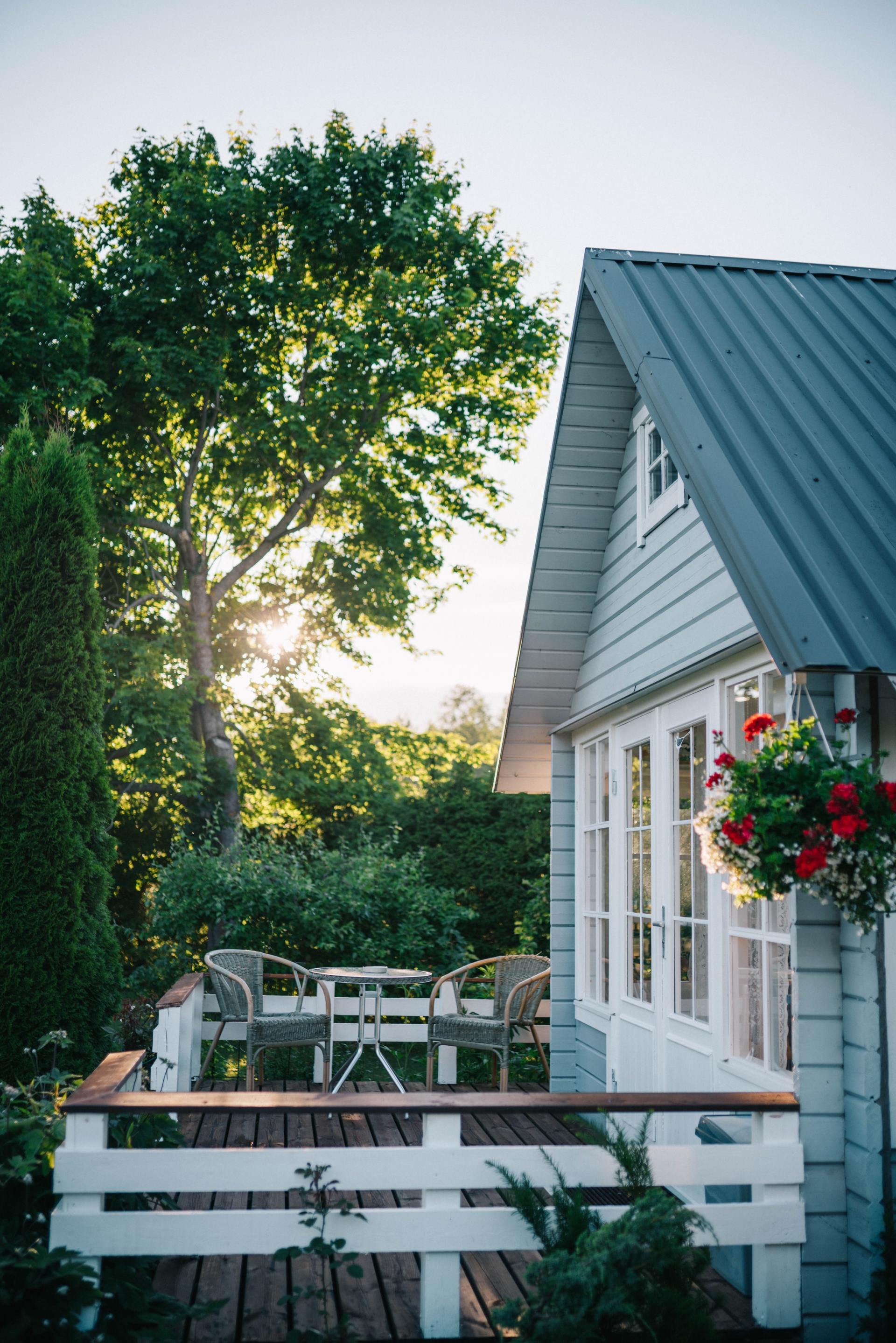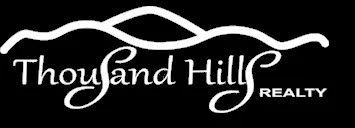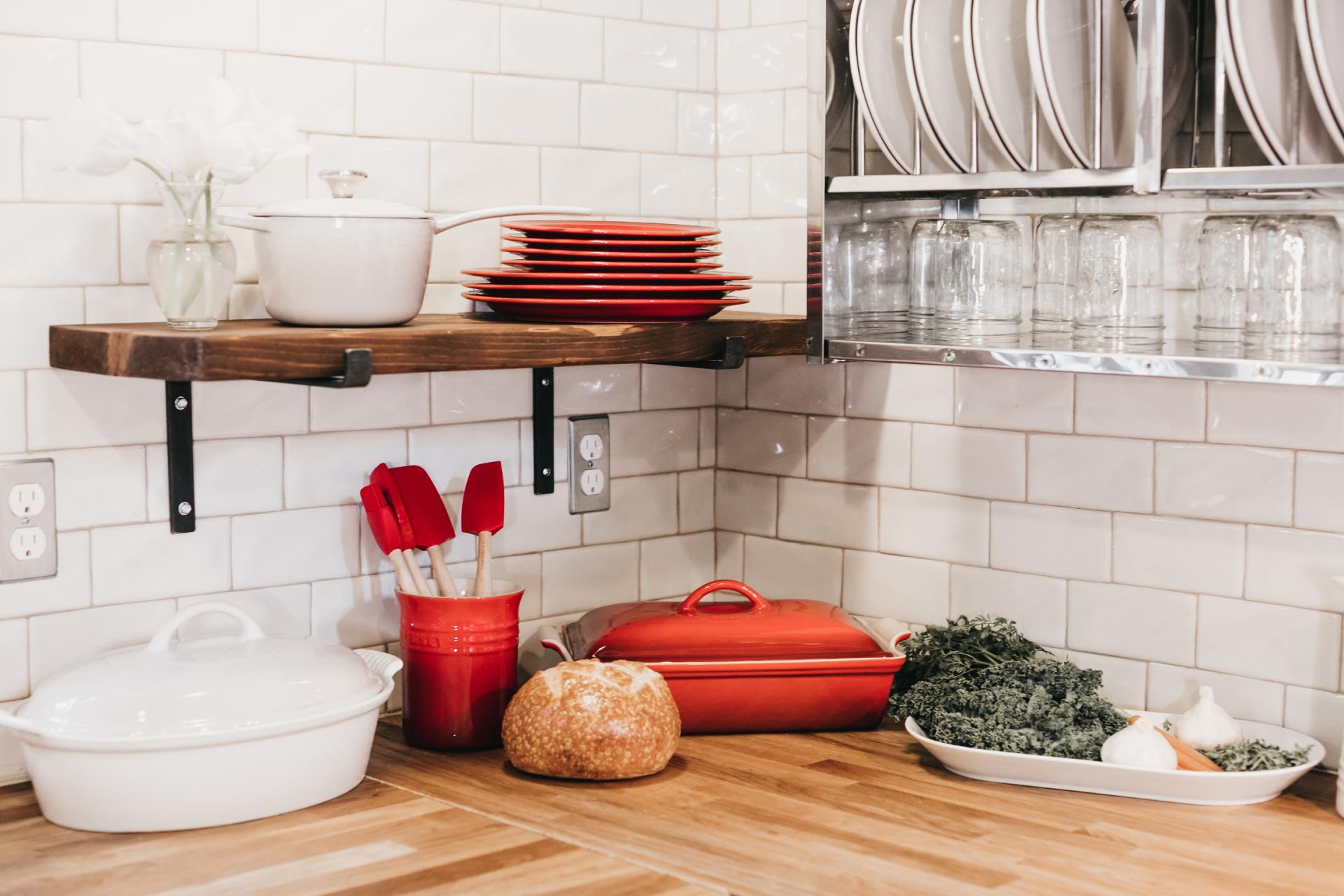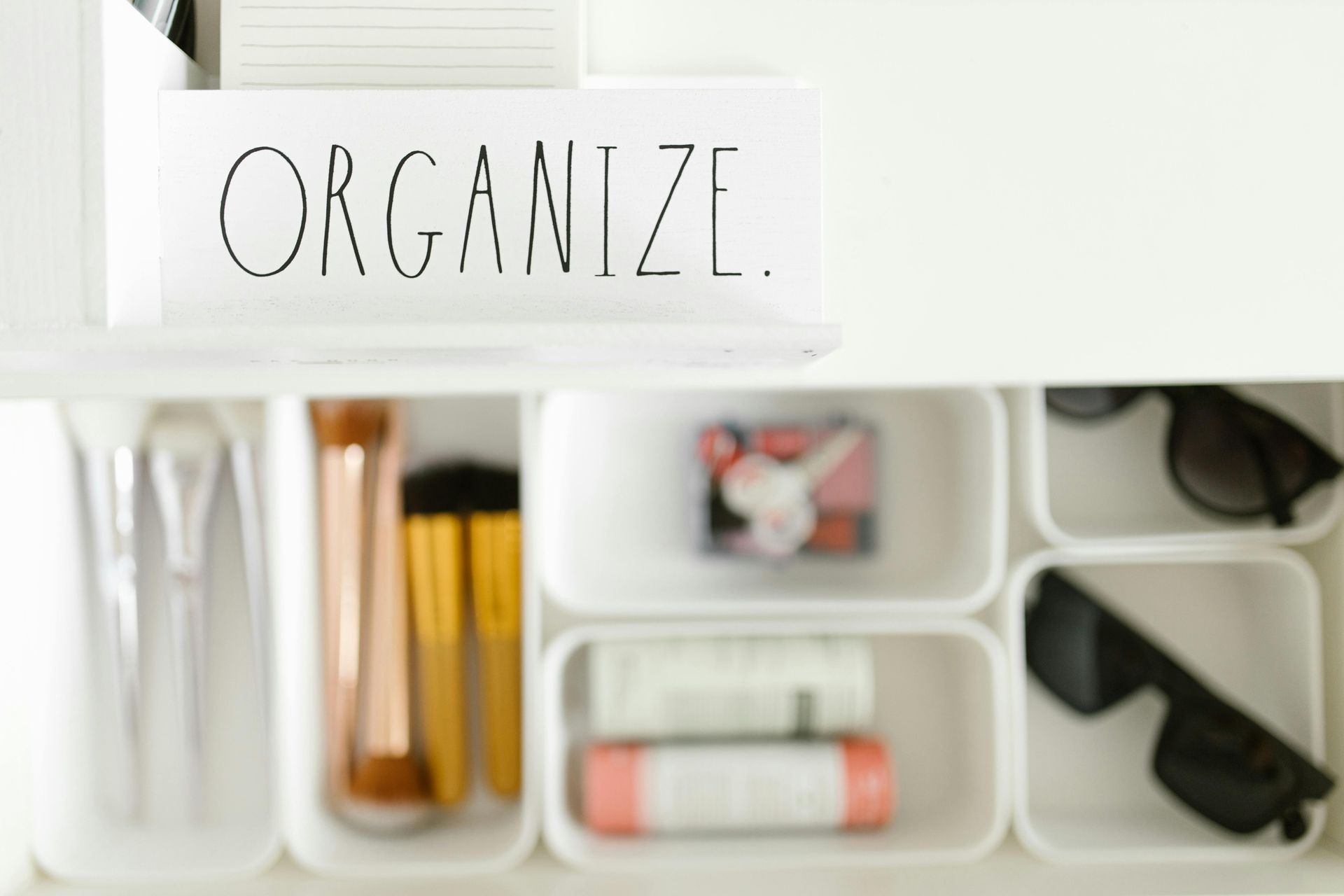
With the real estate market and the property rental market at a peak right now, many homeowners are in limbo deciding if they should sell their property or add their property to the pool of homes available for rent.
There are many reasons you may consider becoming a landlord and choosing the option to rent your property. You may have inherited a home and not want to sell it yet, you may have tried in the past to sell the property but not had success, or you may just want to take advantage and cash in on the extra monthly income that a rental property provides.
If you are thinking about making the change, or if you have already decided that you’re moving forward full steam ahead, check out the following ways how to turn your home into a rental property.
Rental Property Insurance
Having a property that others will be living in can potentially be a huge liability. Making sure you have the proper insurance coverage in place is essential to making sure your assets are covered in case of an unexpected event or damage to the property.
You most likely already have a homeowners policy in place for the property, however there are additional liabilities when you rent out the property to tenants. You will want to have rental property insurance, which is a policy specifically for landlords.
In the unexpected event of damage to the property, or worse yet, injury to one of your tenants, this rental property insurance will cover the costs of repairs to the property, replacement of damaged items and alternate lodging if necessary. Any medical bills or legal fees incurred would be covered under the liability limits of the policy. Contact your insurance agent to find out what policy and coverages are right for your specific situation.
Refresh and Upgrade
Before putting your home on the market to rent, you will want to evaluate the condition of the property. The most effective way to refresh a space is with a deep cleaning and a brand new coat of paint. Use neutral colors that will appeal to most everyone and will make the space seem as bright and airy as possible.
Easy upgrades like new light fixtures to replace old, outdated fixtures will be beneficial as well as replacing any other items that make the property feel old and tired. Be careful to make reasonable choices for your upgrades, in order to make sure you don’t overspend and cut into your profits from the monthly rent.
Decide on Rent
Before you make any hasty decisions on how much you will charge for rent, be sure to take a few minutes to calculate all applicable costs to make sure you have enough room in your budget to make this a profitable endeavor.
Consider how much your mortgage payment is, how much insurance is costing you, average cost of the utilities that you will be including, and also leave a buffer for maintenance expenses that will most certainly arise at some time during the tenant’s lease term.
Legalities to Consider
Before signing into any legal contracts or even starting to show the property, you want to seek advice from a lawyer or someone who is familiar with the law. There are topics revolving around Fair Housing regulations that are important for you to consider to make sure you adhere to all anti-discrimination laws.
You will also want to inquire with your legal counsel and have them review all forms that will be used for the leasing process, to make sure you and your interests are protected.
Do You Need A Property Manager
Being a landlord takes a lot of time and commitment. Depending on what else you have going on in our life, you may want to consider the question of if you should hire a property manager.
A property manager would be the one in charge of all marketing, leasing, maintenance, rent collection, and evictions if the need arises. They would handle all of the day to day headaches, while you could then sit back, relax and let the rent money roll in.
Check For Permit Requirements
Lastly, some cities require a special permit if someone is using their property to generate income. Check with your local city hall to see if this is applicable in your location, and plan accordingly.
If you hire a property manager, this is something they will be able to advise you on, as well as having all of the necessary documents already prepared for use.
Choosing to put your home on the rental market is a big decision and if you follow these suggestions on how to turn your home into a rental property, then you will be sure to feel more comfortable with the whole process.
Thousand Hills Realty is Branson’s premier property management company. If you have more questions about how to turn your home into a rental property and would like us to manage it on your behalf, call us today at (417) 337-8081.




